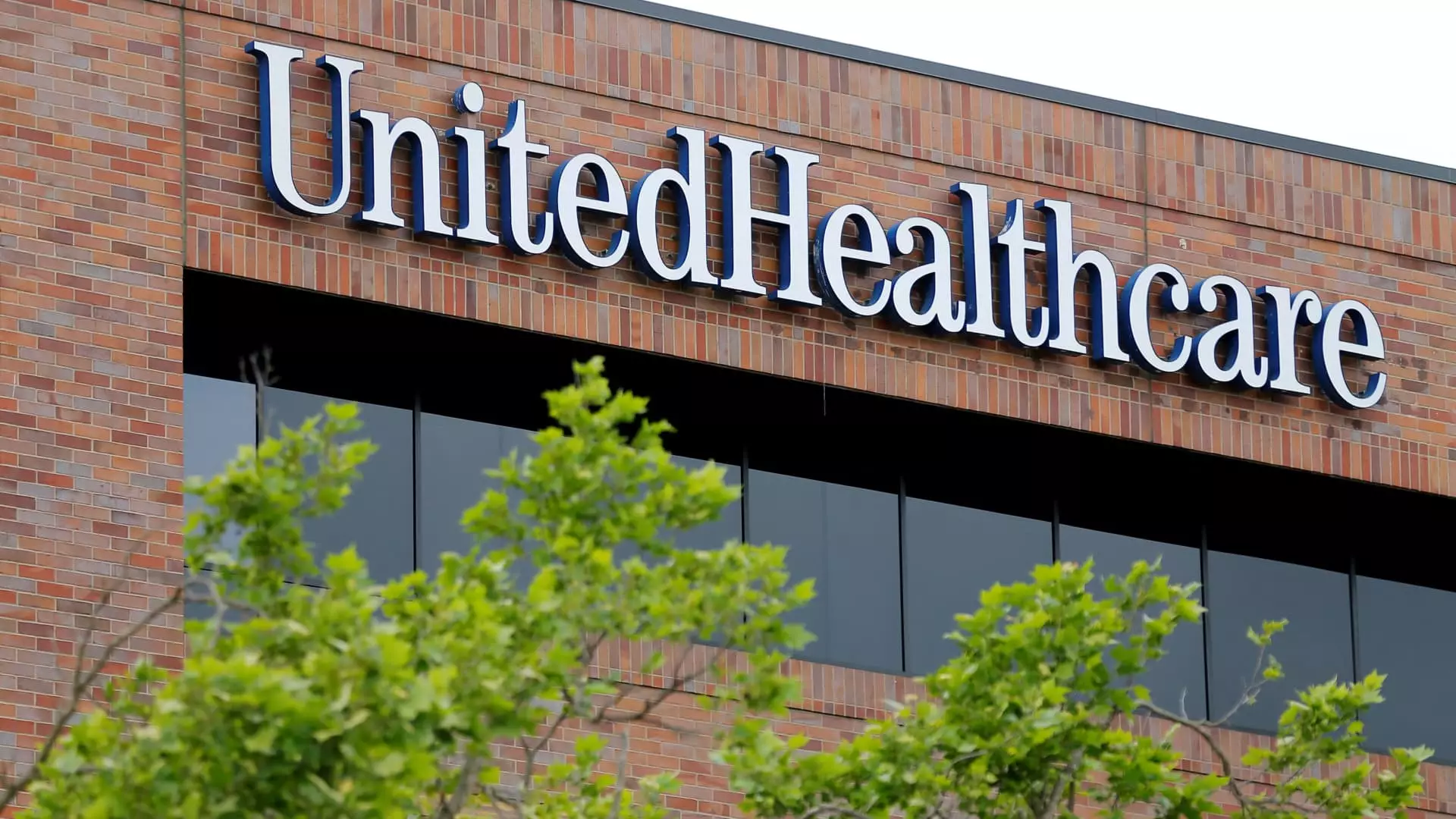UnitedHealthcare, the largest private health insurer in the United States, is currently facing significant challenges that have put its reputation and financial stability at risk. A recent investigation by the Department of Justice into its Medicare billing practices has raised eyebrows, and the company is also navigating employee buyouts and potential layoffs. These events come on the heels of a tumultuous year that has seen everything from the tragic death of a top executive to a costly cyberattack that exposed sensitive patient information. As UnitedHealth Group, UnitedHealthcare’s parent company, grapples with these issues, its stock has tumbled dramatically, creating an atmosphere of uncertainty for employees, investors, and patients alike.
The Department of Justice’s civil fraud investigation focuses on allegations that UnitedHealthcare has exploited its Medicare Advantage plans by routinely making diagnoses to secure additional payments. This scrutiny is particularly pointed given past reports that suggest the insurer received billions from Medicare for questionable diagnoses. As the largest healthcare conglomerate in the U.S., with a staggering market cap of over $420 billion, the implications of this investigation could be profound, potentially leading to costly penalties and loss of public trust.
Following the initial announcement of the investigation, UnitedHealth Group’s shares fell sharply, a clear indication that investors are becoming increasingly concerned about the long-term effects of this inquiry. Financial analysts have dubbed the situation as an “incremental overhang,” suggesting that while the current developments are troubling, they may not immediately impact the company’s financial health in the short term. Nevertheless, the specter of long-lasting repercussions looms large.
Employee Unrest and Corporate Strategy
In addition to regulatory scrutiny, UnitedHealthcare is also wrestling with internal challenges. The company recently initiated an employee buyout program, which experts speculate could be a precursor to layoffs if resignation targets are not met. These moves are being framed as part of a broader strategy to cut costs and transition to a more digitized operational model. However, the impact on employee morale and customer satisfaction should not be underestimated. Such layoffs often engender a culture of fear and uncertainty, which can impede productivity and welcoming workplace environment.
The initiative to cut costs reflects larger trends in the insurance industry, where companies are becoming increasingly pressured to show profitability amid rising operational costs. Nevertheless, this approach has mixed implications. While digital strategies could streamline operations, they often come at the cost of human interaction, a critical component of patient care in a sector that thrives on personal relationships.
Adding to the turmoil, billionaire investor Bill Ackman has publicly clashed with UnitedHealthcare over allegations of misconduct. Ackman’s assertions that the company’s profitability is artificially inflated have resonated within certain circles, leading to calls for greater accountability. This public dissension accentuates issues surrounding patient care and the ethical responsibilities of healthcare insurers. Ackman’s involvement, especially his offer to cover legal fees for a physician embroiled in a dispute with UnitedHealth, emphasizes the mounting pressure on the corporation from both external and internal stakeholders.
The firing and sudden death of CEO Brian Thompson has only fueled public distrust, igniting a wave of scrutiny towards the insurance industry’s practices. Calls for reform have grown louder, emphasizing the need for changes in policy and operational transparency. This growing unrest suggests that stakeholders are less willing to accept business as usual and are demanding changes that prioritize patient welfare over shareholder profits.
Cybersecurity Fumbles and Their Fallout
Compounding these quandaries, UnitedHealthcare is still digging out from a damaging cyberattack against its subsidiary Change Healthcare. The breach compromised the personal health information of nearly 190 million individuals, leading the company to incur substantial costs in attempts to rectify the situation. The fallout from this attack has led not only to financial compensation to providers but also to a decrease in consumer confidence. Given the importance of data security in today’s digital age, this incident could have long-lasting repercussions for the firm’s reputation.
UnitedHealthcare stands at a crucial juncture. With investigations looming, employee unrest growing, and cybersecurity attacks leaving scars, the road ahead is fraught with challenges. Stakeholders, from investors to patients, are watching closely as UnitedHealth Group navigates this tumultuous landscape. To emerge from this crisis, the organization must focus on transparency, accountability, and a renewed commitment to patient care. Only time will tell if UnitedHealthcare can rise above these challenges or if they will mark the beginning of a downward trajectory for a once-dominant healthcare giant.

